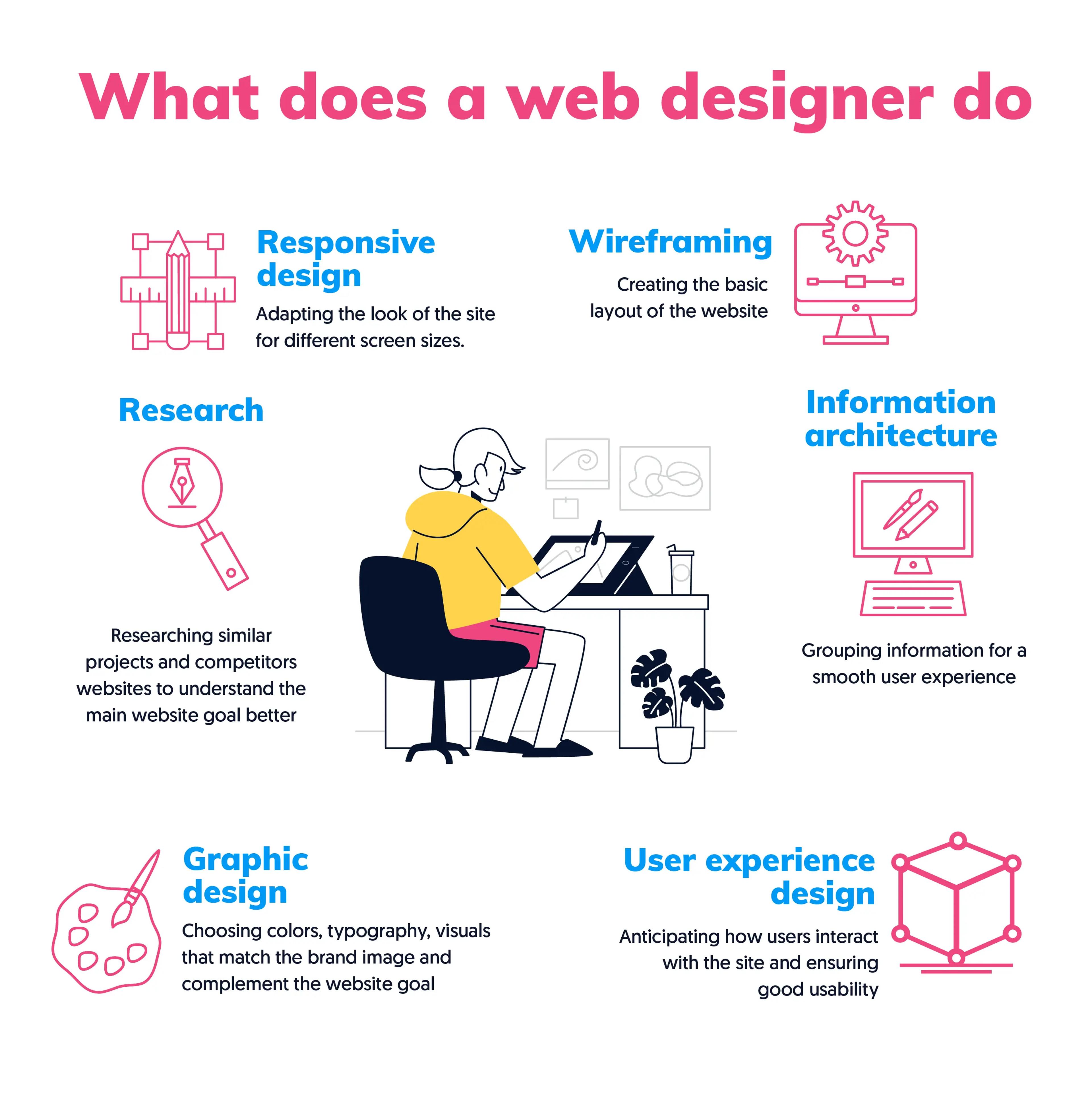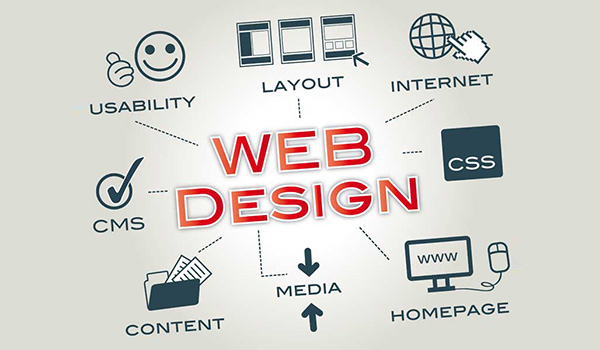The Finest Sorts Of Web Design to Boost User Experience and Interaction
In the ever-evolving landscape of digital interaction, the performance of Web design substantially influences customer experience and involvement. Numerous design techniques, such as minimal, receptive, and interactive formats, each offer special benefits that can provide to varied individual requirements.
Minimalist Website Design
As digital landscapes become increasingly cluttered, minimal website design has actually become a powerful method to boosting user experience. This layout ideology focuses on simpleness, concentrating on crucial components while getting rid of unneeded interruptions. By making use of sufficient white space, straightforward navigating, and a limited shade combination, minimalist style cultivates quality and guides individual interest to essential content.
The core concept of minimal Web design is to produce a seamless communication for individuals. By decreasing cognitive load, customers can promptly realize info without feeling bewildered. This direct approach not only enhances usability yet likewise encourages involvement, as visitors are extra most likely to explore a website that is very easy and visually enticing to navigate.
Additionally, minimal design often emphasizes typography and imagery, using these components strategically to communicate messages properly. In essence, minimal Web layout is not simply a fad; it is a thoughtful methodology that acknowledges the relevance of user-centered layout.
Responsive Website Design
In today's diverse digital environment, receptive website design has actually come to be vital for creating a smooth user experience across a wide range of devices. As users accessibility web sites on smart devices, desktops, tablets, and laptops, the ability of a website to adjust its format and web content to various display sizes and resolutions is important.
Responsive Web design uses versatile grids, pictures, and CSS media queries to ensure that Web material exists optimally, no matter of the tool made use of. This method not only boosts the visual charm of a website but also dramatically improves use. Customers are most likely to involve with a site that supplies a regular experience, as it eliminates the irritation of needing to focus or scroll excessively.
Moreover, online search engine, including Google, focus on mobile-friendly internet sites in search rankings. By taking on receptive layout, companies can improve their exposure and get to a more comprehensive audience. This approach likewise streamlines website maintenance, as a solitary version of the website can provide to all tools, minimizing the requirement for several variations. In summary, receptive Web layout is an essential method that improves individual experience, interaction, and overall fulfillment.
Interactive Website Design
Receptive website design lays the groundwork for enhancing customer experience, yet interactive website design takes this an action better by engaging customers in a much more dynamic way - Aligned Position Web Design. By integrating elements such as computer animations, clickable prototypes, and real-time responses, interactive website design astounds individuals, attracting them into a richer browsing experience
This approach not only cultivates engagement however likewise urges customers to explore content actively instead of passively eating it. Methods such as gamification, where users make rewards for completing tasks, can substantially enhance the moment invested in a website and boost total contentment. Interactive functions can streamline complicated info, making it extra enjoyable and digestible.

Including interactive design components can likewise bring about greater conversion prices, as users are most likely to involve with a website that actively involves them. Aligned Position Web Design. Ultimately, interactive website design changes user experiences right into unforgettable journeys, ensuring that visitors return time go right here after time
Flat Design
Defined by its minimalistic technique, level layout stresses simplicity and functionality, stripping away unnecessary aspects and focusing on important attributes. This layout approach prioritizes use, making sure that individuals can browse user interfaces easily and efficiency. By using a tidy aesthetic, flat design eliminates the clutter often located in extra ornate styles, thereby boosting customer concentrate on material and performance.
The characteristic of flat layout exists in its use of vibrant shades, easy typography, and geometric forms. These elements add to a visually enticing interface that is both friendly and modern-day. Additionally, level style promotes a feeling of quality, permitting individuals to recognize essential activities and info without diversion.
In addition, level design is specifically reliable in receptive website design, as its simplicity equates well across different gadgets and you can check here display sizes. The lack of elaborate textures and slopes minimizes loading times, which is critical for keeping individual engagement. As electronic landscapes remain to advance, level design continues to be a relevant choice for developing straightforward websites that boost total experience. By concentrating on essential functions, flat design not just meets user needs however also motivates smooth communication, making it a vital element of reliable Web layout techniques.
Adaptive Web Layout
Flexible Web layout tailors the user experience by producing numerous taken care of formats customized to various display sizes and gadgets. Unlike responsive layout, which fluidly changes a solitary format, flexible design employs distinct layouts for certain breakpoints, ensuring optimal discussion on different systems. This technique permits developers to concentrate on the special features of each device, enhancing use by delivering precisely what users need based on their context.
One of the primary advantages of flexible website design is its capability to enhance tons times and performance. By serving tailored content and photos that fit the customer's gadget, websites can reduce data use and boost loading rates. This is especially helpful for customers with slower links or restricted data strategies.
Furthermore, flexible design promotes a more constant and regulated branding experience. Considering that developers create several formats, they can ensure that the visual components align with the brand name's identification throughout different platforms - Aligned Position Web Design. This leads to a natural user experience, enhancing interaction and advertising user retention
Conclusion
Minimal style promotes clearness and focus, while responsive style ensures adaptability throughout different gadgets, promoting access. Collectively, these design approaches add to the production of straightforward atmospheres that not only enhance contentment yet also drive link higher conversion prices, highlighting their important value in modern Web layout techniques.

Minimalist design promotes clarity and focus, while responsive layout makes sure versatility throughout various gadgets, advertising accessibility. Jointly, these layout approaches add to the production of easy to use atmospheres that not just boost satisfaction but additionally drive greater conversion prices, underscoring their essential significance in modern Web design approaches.